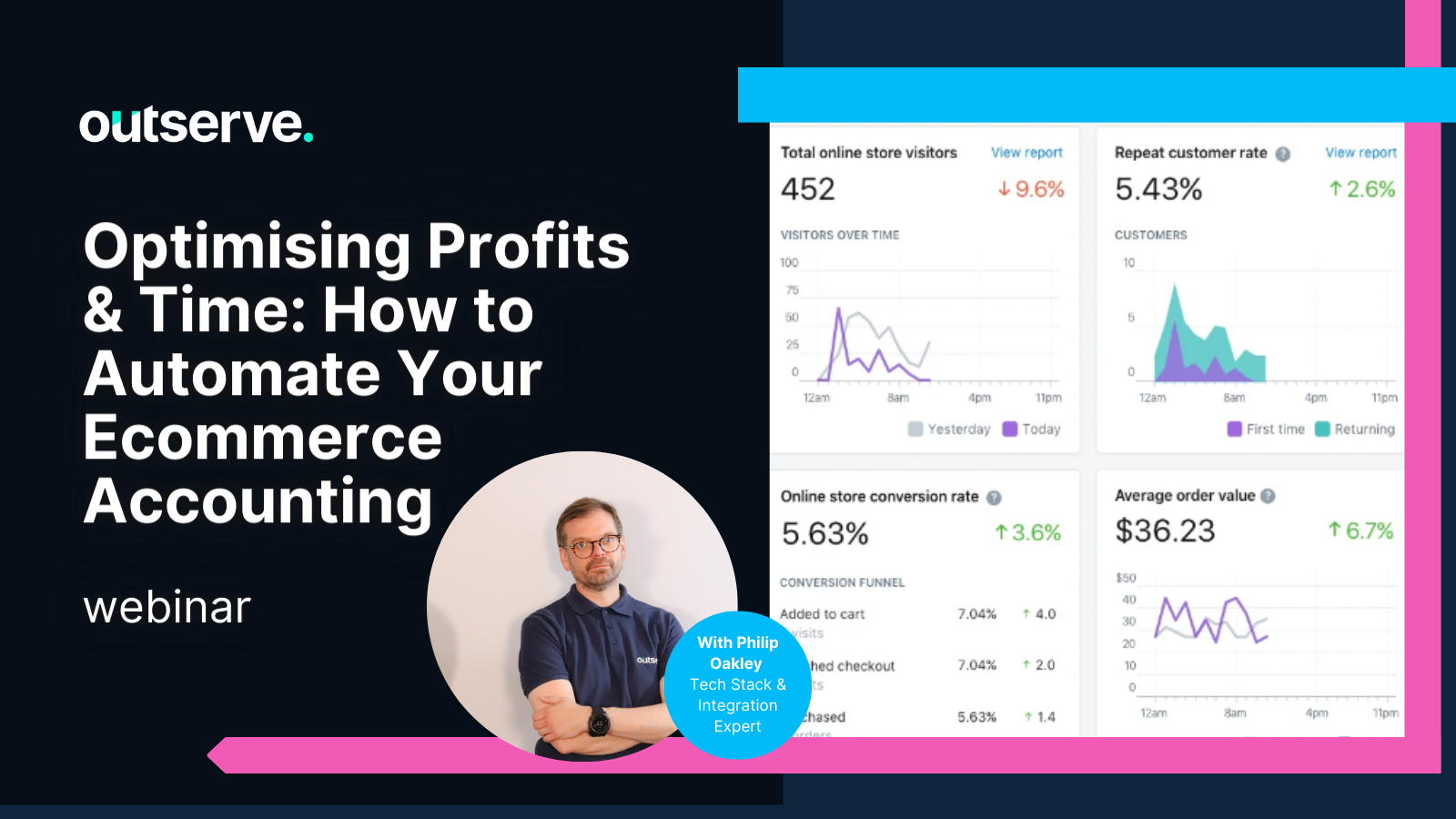Ecommerce Platforms: Shopify VS WooCommerce
You’re here to get the scoop on Shopify and WooCommerce – to understand which platform’s offering suits your business best and provides the...

Complete accounting solutions focussed on profit and growth
Inventory management systems play a crucial role in thriving product businesses
Automating your core systems is the key to efficiency and effectiveness

Scalable software that grows with you
Product and inventory software that makes sense
Seamless integrations and automations

Whether they use a single solution or a full end-to-end integration of multiple software packages we are proud to be a part of our client's success.

Last year, there was a noted reluctance by businesses to make large-scale long-term technology investments. Recent reports have revealed that the UK falls behind when it comes to investing in new technologies. In 2019, many businesses reduced or deferred any major project spend in IT and digital, mostly due to the uncertainty of Brexit.
Ecommerce is facing a growing need to adapt to changing environments.

According to a recent study conducted by Greenlight Commerce, 78% of UK-based eCommerce decision-makers don’t believe their organisation is fully prepared for Brexit. Additionally, the majority (91%) of the surveyed decision makers believe a no-deal Brexit will affect their business’ ecommerce offering, with the biggest concerns being regulation changes and a struggle to trade with EU customers.
While we still don’t know just yet exactly what a deal or no-deal Brexit landscape will look like for ecommerce, we need to prepare for the repercussions. The future is unknown, but the ecommerce market cannot leave things to chance.
So, what should e-tailers do to keep up with customer demands and ensure their business thrives and grows in 2020? In our opinion, they must now look at the productivity gains offered by integrating cloud solutions, ready for whatever outcome Brexit may bring.
Consumer uncertainty is resulting in customers only looking to spend their money on brands they really like, and trust. In these challenging times, most consumers are willing to pay more for a product if the brand provides a great customer experience. Etailers need a strong ecommerce platform that keeps up with customer needs and expectations and keeps them coming back to their website.

Although some brands will need to “go back to basics”, others will need to innovate and offer something new. We have already seen advances in automation where repetitive tasks currently done by staff will be done by systems. As such, staff will be able to drive targeted action and get a better return on investment. The time spent dedicated to mundane tasks could be spent on personalising and merchandising, engaging the customer and ultimately driving sales.
2020 will be an interesting year. The Brexit outcome will give many businesses a lot to think about. Now is the time for etailers to develop and evaluate their ecommerce offering, ensuring it is optimised for the best customer experience possible. Those who are willing to risk making a difference are the ones who will succeed in 2020.


You’re here to get the scoop on Shopify and WooCommerce – to understand which platform’s offering suits your business best and provides the...

They arrive as a visitor, leave as a customer.

Lack of confidence in your data slows down your decision making? Webinar: Thursday 8th June 12pm - 1pm Whether ecommerce is all of your business...